About Shamanic Practice

What is it?
Shamanic practice is the modern extension of indigenous spiritualities that once encompassed the globe. It incorporates three main arms by which we connect more fully with whatever we hold to be true:
- Shamanic journeying: the basis of core shamanic teachings in which we use a drumbeat to travel to other realms of reality, to meet with and ask the help of the animals, teachers, guides and gods who live there.
- Shamanic dreaming: this is an amalgamation of sleep-dreaming, lucid dreaming and dreaming awake. We can practice our dreaming such that we remain fully aware of our central essence, the core of our self/Self throughout the night or other times of sleep in the belief that this will enable us similarly to hold our awareness through death.
- Ritual practice: shamanic practice is grounded in the natural world. To ground solidly, we need to create a framework within which we can relate to the world. Generally, this is based on the properties of the four cardinal and four non-cardinal points of the compass, relating these to the four elements and other natural phenomena. I work with the medicine wheel and will teach within that framework. You are entirely free to create your own framework if this doesn’t suit your world view.
Above all, shamanic practice is a spiritual path – that is, it helps bring us closer to the non-dual point where we experience unity with the All-That-Is.

What it's not
Dreaming is not an end to all grief, a spiritual and emotional analgesic, or a useful way to withdraw from the world. It’s not a useful, or even a valid means to avoid responsibility or to bypass personal work.
It’s worth bearing the following in mind when we begin to journey to the other worlds: in (some) shamanic cultures, there are people who would – and do – prefer to die rather than become the tribal shaman. The training is generally between 12 and 20 years and the only way you know you’ve passed is if you’re still alive at the end of it – and the pass rate is not high. What we can learn in a weekend – even a year of weekends, is the first step. It is not the entire journey.
Dreaming is not a game, it’s not a fad, it’s not a replacement for psychotherapy, it’s absolutely not a means to escape the pressures and trauma inherent in living, nor is it a means to accumulate power, wealth, and an infinite supply of free sex.
To live daily in the eyes of the gods is extraordinarily rewarding, but requires a steadily increasing amount of self-discipline, self-awareness and a willingness to change. Dreaming, in any of its various forms is life-changing so if what you’re looking for is your current life unchanged but with easier cash flow and an end to all emotional upheaval, this isn’t the way to find it.
This is a field beset by charlatans, wannabes and overbearing egos. Enter it with extreme care and check out every move before, during and after you make it. If you want to learn from those who have walked ahead, there is a large number of magazines, books and courses around the world. I run workshops on a regular basis. There are others equally good – it’s up to you to find a teacher you can work with.
“We are on a path to wholeness, to a sense of authenticity that is as stable as it is fluid; that knows itself in its own skin completely, and yet can bend with the winds of fate, and chance. Above all, we are here to listen to the words of the gods and respond to them.”
Manda Scott
Contact Louise
If you have any questions, do get in touch with Louise:
louise@dreamingawake.co.uk

Join our list
To hear about future courses please join our email list.